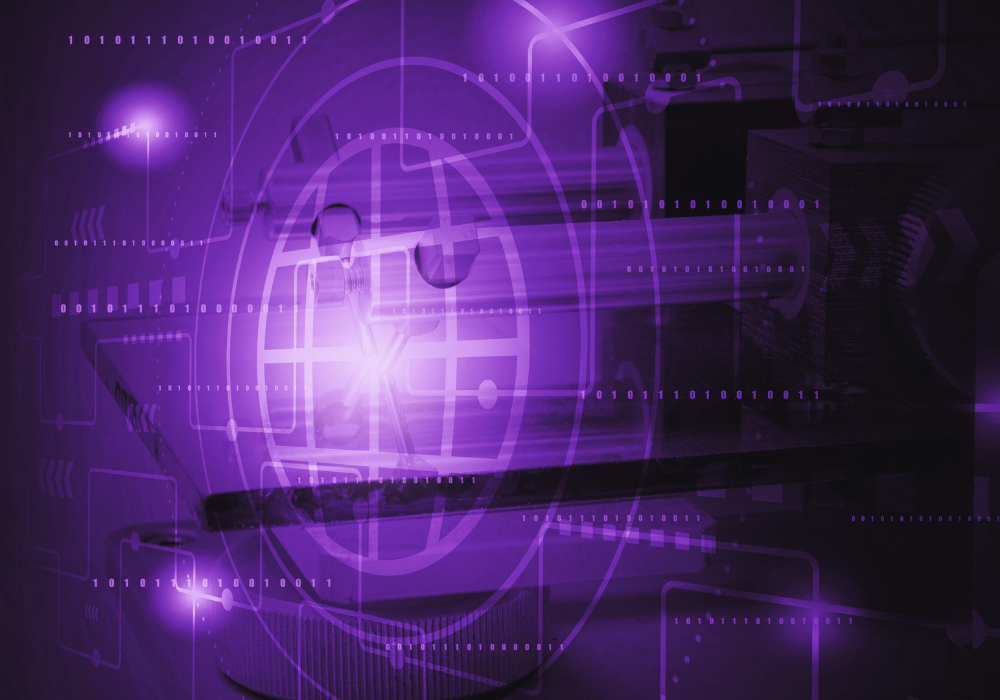
BTON, the AI-driven trading technology provider, has secured a strategic investment from Celero Ventures to accelerate its expansion into the U.S. market and further develop its suite of intelligent execution tools for the buy-side. The funding round will see BTON enhance its engineering capabilities and build out its client support teams in the United States.
The investment comes as buy-side firms increasingly look to leverage data and AI to improve trading outcomes. BTON’s platform utilises a neural network to analyse historical trade data, order characteristics, and market conditions to predict slippage and optimise broker selection in real-time. This approach moves beyond traditional, static transaction cost analysis (TCA) by offering predictive insights that are integrated directly into existing Order and Execution Management Systems (O/EMS).“We have a roadmap of solutions focused on the personalisation of flow and liquidity,” says Dan Shepherd, CEO of BTON, in conversation with TradingTech Insight. “In our core product, this means identifying the most optimal broker to send an order to for the relevant algorithm. We also have a roadmap for actual algorithm selection, which is slightly more complex and requires more data. A common question from our customer base is about moving beyond broker selection to choosing the best benchmark for a given trade, which depends on the alpha of the trade, the portfolio manager, and the trading desk itself. The great thing about AI – or machine learning, in our case – is that it provides optionality through decision-assistance tools. It’s about absorbing large amounts of data to achieve the best statistical outcome, whether that’s for the execution algorithm, the broker, or even in the bilateral market, which is a very hot topic in both Europe and the US. That is something we are looking at doing as well.”
Celero Ventures, a venture capital firm with a focus on AI and enterprise software, sees BTON’s technology as a transformative force in the institutional trading landscape. “BTON embodies exactly the kind of forward-looking technology we want to back – software that fundamentally reshapes how an industry works,” comments David Wyatt, a partner at Celero Ventures. “Their approach to collaborative data and AI addresses one of the biggest challenges in institutional trading: improving execution quality without disrupting workflows.”
A key topic of discussion within the industry is the relative merits of machine learning versus large language models (LLMs) in the context of trading. Shepherd explained BTON’s current focus and future thinking on the matter.
“With Large Language Models (LLMs), the main concern is data access and leakage,” notes Shepherd. “People worry because they are trained on massive, language-based data sets. In contrast, our focus is on numerical data and outcomes. Machine learning is trained on more defined data sets, so there isn’t the same risk of unintentionally memorising and exposing sensitive information, as has been a concern with widely used consumer LLM tools. That is not what we are doing.
“However, we believe there are good applications for LLMs, such as using bots to interact with and extract specific information from data sets – for instance, calling out a particular trade. That is where the interesting aspect lies for us, but it is more of a roadmap item than a current capability.”
BTON’s U.S. push comes eight months after the firm initiated its American operations, anticipating that U.S. asset managers would be early adopters of advanced execution tools. Looking at the impact of these technologies on the trading desk, Shepherd believes AI will augment, not replace, human traders.
“I don’t think the trader will be replaced, but the trader that embraces AI will be the one that succeeds. It is like anything in our lives where we are now getting digital assistance; it just makes things more efficient,” he concludes. “This technology buys time for the trader on the desk. It means they can focus on managing high-value or harder-to-trade orders. As users have already testified, they can spend more time on these complex trades and not have to worry about allocating the vanilla trades, ensuring they get the best possible outcome. It is about time as a resource and winning some of that back for the trader. I think that is important.”
Subscribe to our newsletter




